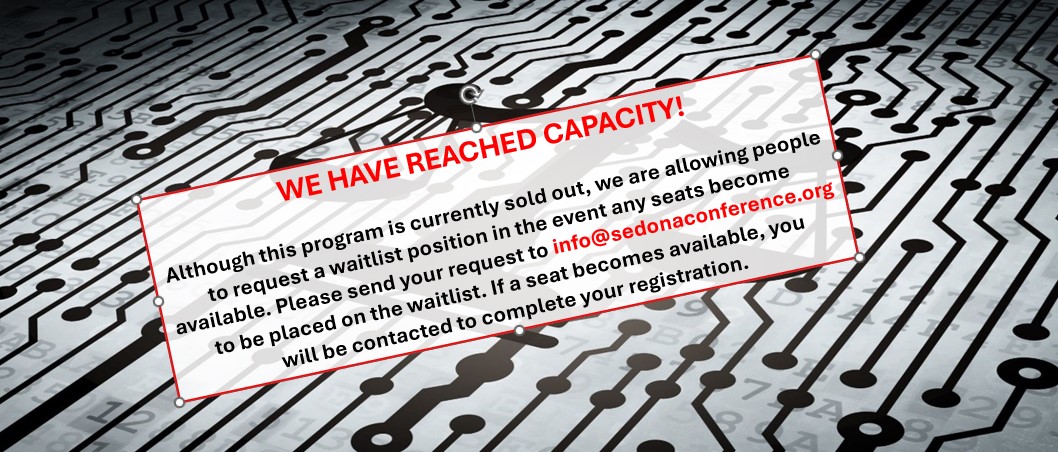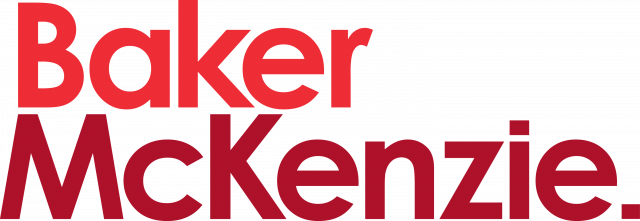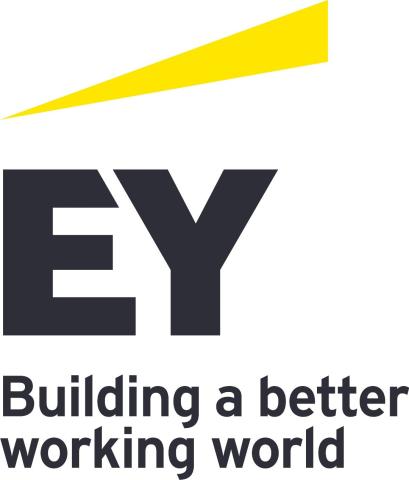
Location:
Hyatt Regency Reston
1800 Presidents Street
Reston, VA 02190
Please send an email to [email protected] to be placed on the waitlist.
2023 will go down in legal history as “The Year of Artificial Intelligence (AI).” Although AI – in many forms – has been with us for decades, last year it took the legal profession by storm with the introduction of Generative AI, accessible to the public. Gen AI raised many questions about the use of AI in practice, as well as the legal issues implicated by AI itself. Due to high demand and keen interest, The Sedona Conference is organizing two conferences during the first half of 2024 to take stock of the impact AI has had on the law and to “move the law forward” in relation to AI.
Part 1, the first conference, will be held on April 4-5, 2024, and will focus on AI and civil litigation practice, including:
- Artificial Intelligence: What it is, and what it isn't
- AI in the practice of law
- Assessing validity, reliability, and bias of AI
- Professional responsibility issues raised by AI
- Privacy and data security challenges presented by AI
- AI in human resources and employment law
- Admissibility of AI-generated evidence and challenges to deepfakes
- Judicial and regulatory responses to AI
These questions and more will be addressed in a 90-minute webinar, moderated by a former United States Magistrate Judge. The panel will include a Federal District Judge, A chief United States Magistrate Judge, and a tech-savvy State Court Judge, who prepared a special 2-minute video to demonstrate an important evidentiary problem, which you are encouraged to view here.
Part 2 will be held on June 20-21, 2024, and will focus on AI and Intellectual Property Law. For more information about that conference, please visit the program page here.
These two conferences will not feature product demonstrations, doomsday scenarios, or glossy predictions about future technology. In the tradition of The Sedona Conference, the faculty will consist of seasoned litigators, data scientists, judges, and others who will lead participatory dialogue on AI, its advantages and drawbacks, its practical application, and its role as a substantive legal issue. Attendance at these conferences will be limited to ensure that all attendees will be able to participate in the dialogue.
Both conferences will be held at the Hyatt Regency in Reston, Virginia, a short distance from Dulles International Airport and accessible by public transit to the Washington, D.C. metropolitan area.
Hotel Reservation Information
We have obtained a very favorable group room rate of $249 per night (plus taxes) for a limited block of rooms on the evenings of April 3-4, 2024. The group rate will be available for three days preceding and three days following the dates of the room block, subject to standard guestroom availability. The hotel is holding the limited block of rooms until March 3, 2024, after which any unsold rooms in the block will be released for sale to the public. After that date, rooms will be subject to availability. Reservation information will be provided in your conference registration confirmation email.
CLE
The Sedona Conference will seek CLE accreditation for this meeting in selected jurisdictions (except Virginia), as dictated by attendance. Sessions on professional responsibility, technical competence, and elimination of bias may also be accredited in selected jurisdictions.
Sponsorship
Law firms, legal service providers, technology companies, and other organizations interested in sponsorship opportunities for either or both conferences can get more information here.






